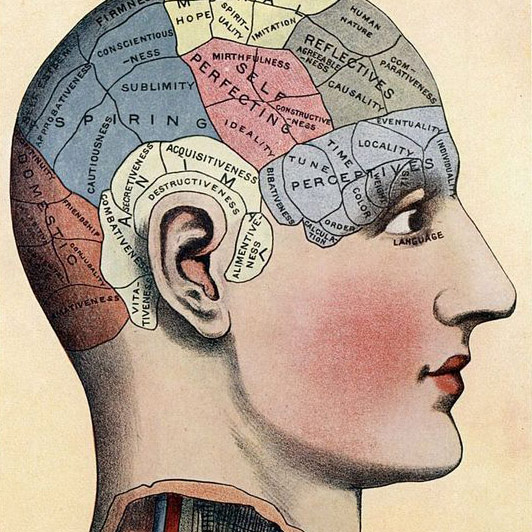
FRIDAY, Aug. 23 (HealthDay News) — Playing certain types of video games can boost a person’s flexible thinking skills, according to a new study.
The findings could lead to new treatments for people with brain injuries or conditions such as attention-deficit/hyperactivity disorder (ADHD), the researchers suggest.
“Previous research has demonstrated that action video games . . . can speed up decision making, but the current work finds that real-time strategy games can promote our ability to think on the fly and learn from past mistakes,” said Dr. Brian Glass, of the School of Biological and Chemical Sciences at Queen Mary University of London.
For the study, researchers looked at 72 women who typically played video games for less than two hours a week. The study authors couldn’t find any male gamers who spent so little time playing video games.
Two-thirds of the participants played either basic or more complex versions of a real-time strategy game called “StarCraft,” a fast-paced game where players have to create and organize armies to battle an enemy. One-third of the participants played a life simulation game called “The Sims,” which does not rely on using memory or tactical skills.
The volunteers played the games for 40 hours over six to eight weeks and underwent tests of their “cognitive flexibility.” This refers to a person’s ability to adapt and switch between tasks, and think about multiple ideas at a given time to solve problems, the British researchers explained.
The participants who played “StarCraft” were quicker and more accurate in performing cognitive flexibility tasks than those who played “The Sims,” the results showed.
The study, published Aug. 21 in the journal PLoS One, was funded by the U.S. Air Force Office of Scientific Research, U.S. Army Research Laboratory and the U.S. National Institutes of Health.
“Our paper shows that cognitive flexibility, a cornerstone of human intelligence, is not a static trait but can be trained and improved using fun learning tools like gaming,” Glass explained in a university news release.
Cognitive flexibility varies among people and across different ages, said another researcher, Brad Love, of University College London. “For example, a fictional character like Sherlock Holmes has the ability to simultaneously engage in multiple aspects of thought and mentally shift in response to changing goals and environmental conditions,” Love said in the news release.
“Creative problem solving and ‘thinking outside the box’ require cognitive flexibility. Perhaps in contrast to the repetitive nature of work in past centuries, the modern knowledge economy places a premium on cognitive flexibility,” Love explained.
According to Glass: “The volunteers who played the most complex version of the video game performed the best in the post-game psychological tests. We need to understand now what exactly about these games is leading to these changes, and whether these cognitive boosts are permanent or if they dwindle over time.”
And Glass added, “Once we have that understanding, it could become possible to develop clinical interventions for symptoms related to attention-deficit/hyperactivity disorder or traumatic brain injuries, for example.”
More information
The American Psychological Association has more about the potential brain benefits of video games.
Copyright © 2026 HealthDay. All rights reserved.

